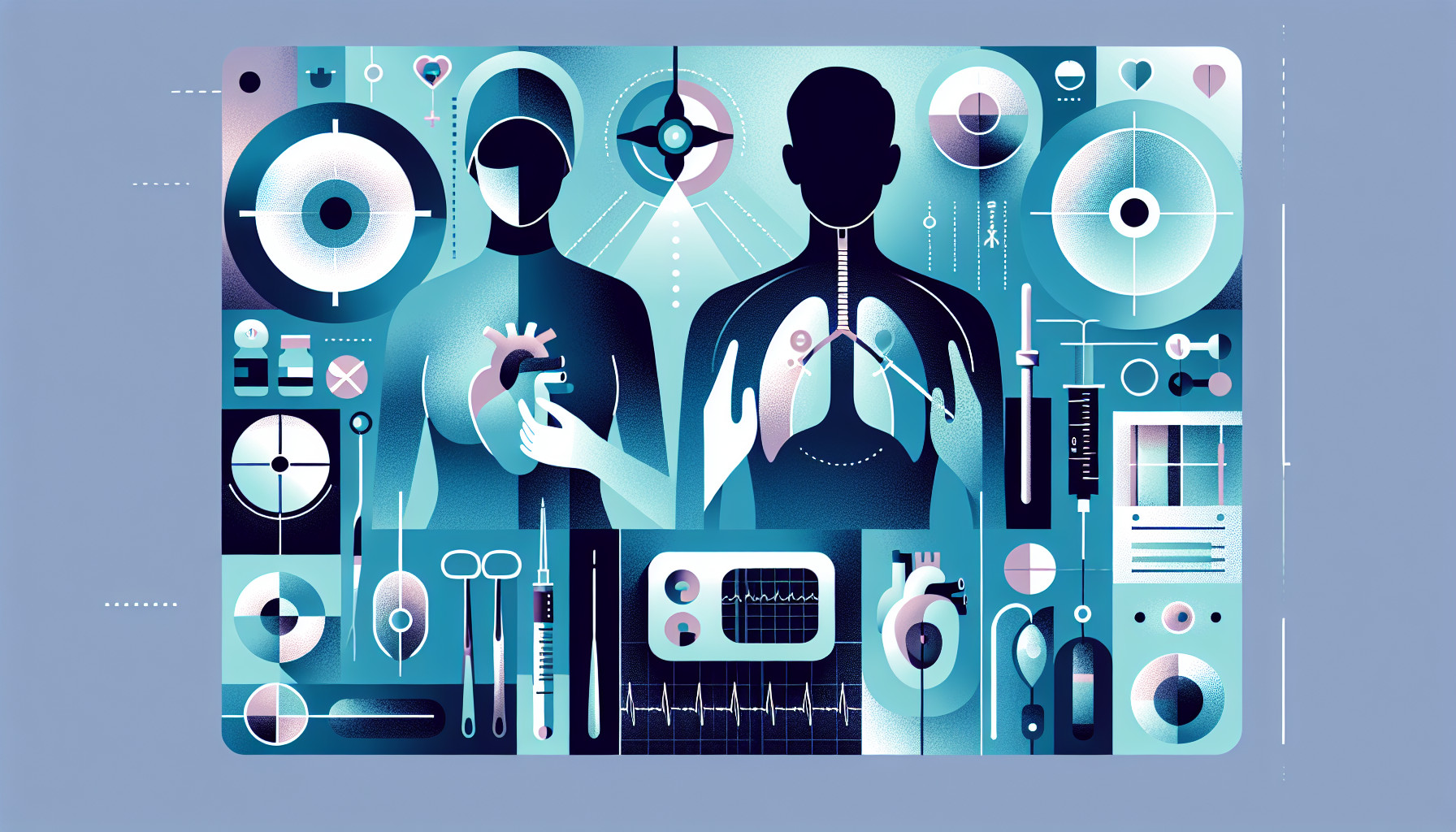Our Summary
This research paper discusses the long history and development of surgery. It states that surgery has been around for as long as humans have and its evolution has been shaped by technological and scientific progress, as well as societal and religious influences. The paper suggests that surgery is not just a scientific practice, but also an art which relies heavily on the relationship between the doctor and the patient. It also mentions that it’s hard to define exactly what surgery is and where it starts or stops because it’s so interwoven with medicine, even though they followed different paths in their early development. The paper specifically mentions thoracic surgery, which is surgery related to the chest area, and the tools used in these procedures.
FAQs
- What is thoracic surgery?
- How has the field of thoracic surgery evolved over time?
- What factors have influenced the development and practice of thoracic surgery?
Doctor’s Tip
One helpful tip a doctor might tell a patient about thoracic surgery is to follow any pre-surgery instructions provided, such as fasting before the procedure and stopping certain medications. It is also important for the patient to communicate any concerns or questions they may have with their healthcare team to ensure they are well-informed and prepared for the surgery. Additionally, following post-operative care instructions, such as taking medications as prescribed and attending follow-up appointments, is crucial for a successful recovery.
Suitable For
Patients who are typically recommended for thoracic surgery are those who have conditions affecting the organs within the chest cavity, such as the lungs, esophagus, heart, and thoracic aorta. These conditions may include lung cancer, esophageal cancer, mediastinal tumors, pleural diseases, chest wall deformities, and diseases of the diaphragm. Patients who have not responded well to other treatments, such as medication or radiation therapy, may also be recommended for thoracic surgery. Additionally, patients who have traumatic injuries to the chest cavity may require emergency thoracic surgery. Overall, thoracic surgery is recommended for patients who have conditions that can be treated or improved through surgical intervention.
Timeline
Before thoracic surgery:
- Patient undergoes a thorough evaluation by a healthcare provider to determine the need for surgery
- Patient may undergo various imaging tests such as X-rays, CT scans, and MRI scans to assess the condition of the thoracic region
- Patient may undergo pre-operative tests such as blood tests and ECG to assess overall health and fitness for surgery
- Patient meets with the surgeon to discuss the procedure, risks, and benefits
- Patient may be advised to stop smoking and make other lifestyle changes to improve surgical outcomes
After thoracic surgery:
- Patient is closely monitored in the recovery room for any immediate complications
- Patient may stay in the hospital for a few days to a week, depending on the type of surgery and individual recovery
- Patient may experience pain and discomfort at the surgical site, which can be managed with pain medications
- Patient undergoes physical therapy to improve lung function and prevent complications such as pneumonia
- Patient follows a specific post-operative care plan, including wound care, medication management, and follow-up appointments with the surgeon
- Patient gradually resumes normal activities and may be advised to make lifestyle changes to promote healing and prevent future complications.
What to Ask Your Doctor
- What specific type of thoracic surgery do I need and why?
- What are the potential risks and complications associated with the surgery?
- What is the expected outcome of the surgery?
- How long is the recovery period and what can I expect during the recovery process?
- What alternative treatment options are available for my condition?
- How experienced are you in performing this type of thoracic surgery?
- What is the success rate of this surgery for patients with similar conditions?
- Will I need any follow-up appointments or additional treatments after the surgery?
- Are there any lifestyle changes or precautions I need to take after the surgery?
- How can I best prepare for the surgery, both mentally and physically?
Reference
Authors: Shamji FM, Waddell K, Beauchamp G. Journal: Thorac Surg Clin. 2021 Nov;31(4):449-461. doi: 10.1016/j.thorsurg.2021.06.002. PMID: 34696857
